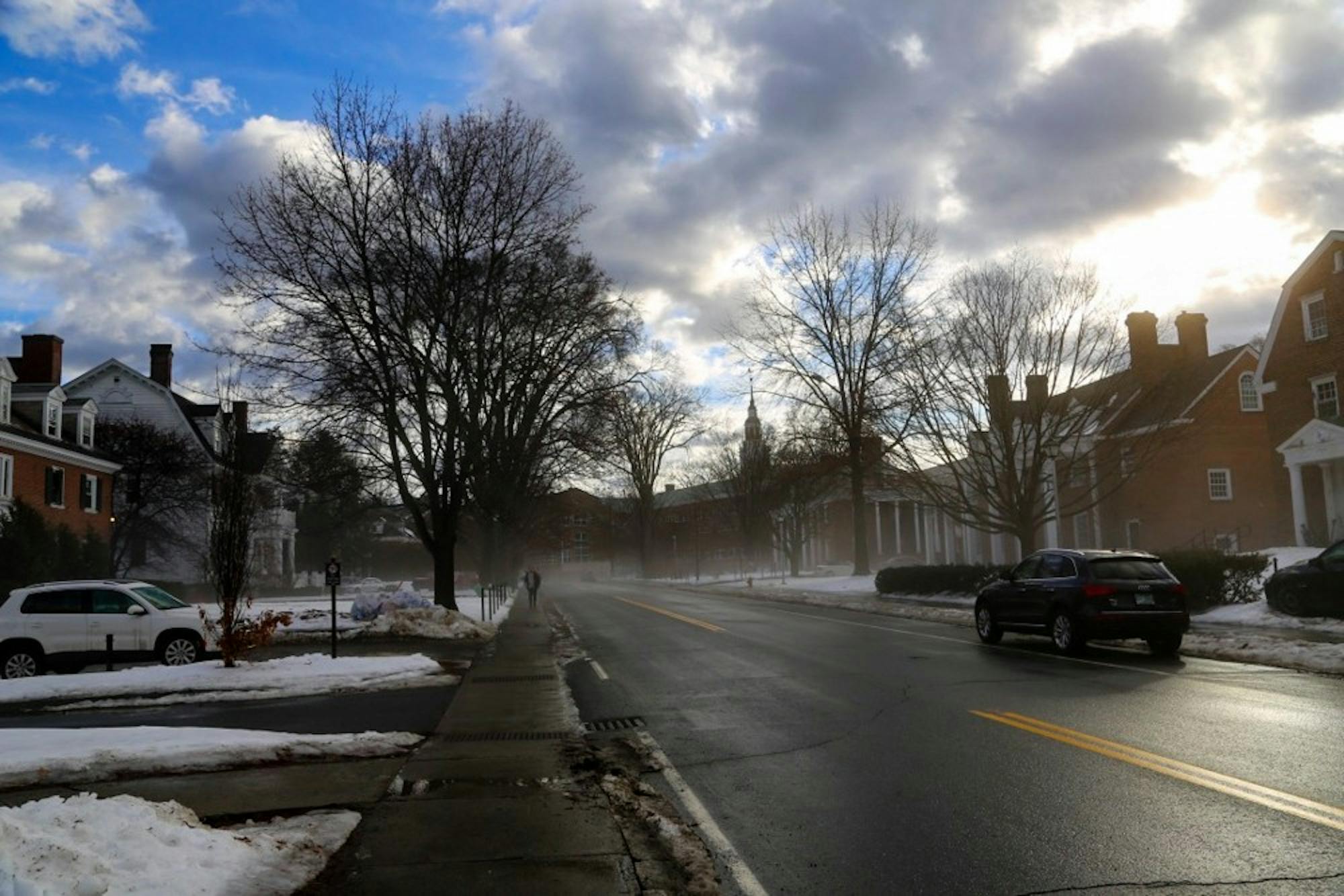In an email sent to the freshman class in late March, the Undergraduate Deans Office announced a new set of D-Plan requirements effective for the Class of 2024 onwards. Under the new rules, students must take one leave term during a fall or spring term of their sophomore, junior or senior years, can fulfill their sophomore summer requirement through abroad or transfer programs and can live in-residence for two terms of their senior year instead of three without petitioning for an exemption to the senior year residency requirement.
The changes to D-Plan regulations mean that the Class of 2024 and subsequent classes will only be allowed to take seven fall and spring terms on campus — one less than the eight fall and spring terms that were previously allowed.
According to interim registrar for academic policy and operation Eric Parsons, some of the changes will allow students more flexibility during their senior year.
“Most changes relax restrictions on students’ D-Plans, such as the reduced senior year residency requirement and the more flexible sophomore summer requirement,” Parsons wrote in an email statement. “Each year, hundreds of students petition to take a leave during their senior year. The new D-Plan policy allows flexibility for students in the Class of 2024 and later to do so without a petition.”
Parsons wrote that while this entire year has presented challenges for students, particularly those planning to study abroad, the College will continue to offer processes for those in difficult situations.
“Under the new D-Plan policy, students with exceptional circumstances will still have the option to submit a petition for change in enrollment,” Parsons wrote.
Some students have said they are now planning around no longer being able to take a winter term off without taking either freshman summer or junior summer in residence.
Max Lawrence ’24 said that the opportunity to take a leave term during winter was emphasized throughout the admissions process and was a reason why he chose to come to Dartmouth. The announced changes, he said, contradict much of what was shared with potential students in regards to the benefits of the D-Plan.
“During the admissions process, there were no points more heavily emphasized by Dartmouth than the unique flexibility of the D-Plan and how, even though it was really cold at Dartmouth, it was really easy to avoid being on campus in the winter,” Lawrence said.
Furthermore, Lawrence said he was unaware of the changes until very recently because of what he called a lack of clear communication. After having planned to take his winter term off, Lawrence said he was left with little time to reconsider a new schedule.
When he applied to Dartmouth early decision, CJ Kang ’24 said that he had also been looking forward to taking winter terms off. The changes have made him reevaluate the path he wants to take to achieve his long-term professional goals.
“A big pull factor for me [to Dartmouth] was the fact that I could take the winter off to pursue internships while not on campus, and now that was basically taken away from me,” Kang said.
He added that his study abroad plans are now “very, very, very different” because of the changes. After Dartmouth announced the changes, he said that he consulted with his undergraduate advisor, and ultimately decided to take his junior fall term off in order to avoid taking classes for five consecutive terms from sophomore fall to junior winter. Kang’s decision, however, has come at the expense of potential study abroad opportunities.
“I’m a Politics, Philosophy and Economics major, which means most of the study abroad programs I want to do are taking place in the fall,” Kang said. “Now that I’m taking the fall term off, I can’t attend those programs.”
Maria Amador ’24 found that her study abroad plans have become more feasible under the new changes. After researching study abroad programs, Amador settled on the Dublin foreign study program, a program offered every two years through the English department. The next term that the program is offered is the fall of 2023, her senior year. In light of the changes to senior residency requirements, Amador said she is more likely to apply for the FSP.
“Because of the D-Plan changes, I can now do the program my senior year without having to petition the registrar to be able to take my senior fall term off since the residence requirement has changed,” Amador said.
Amador said that although the changes have made studying abroad easier for her, they will require her to take classes six terms in a row which she predicts will be challenging. Furthermore, the new requirements also resulted in her having to reevaluate when to take certain courses necessary for her English major requirements, she said.
Prior to the new changes, Amador had spent significant time with her undergraduate dean discussing how to take certain courses that were only offered once a year. Now, she is unsure if she will be able to take all of the classes she had initially planned on taking.
“It’s inconvenient that the changes were not shared beforehand and that the information was not more readily available,” Amador said. “I just wish we had known before I had made plans.”

Manasi Singh '24 is from Cincinnati, Ohio. She is majoring in anthropology and politics, philosophy and economics. At The Dartmouth, she wrote for news and Mirror but later transitioned to the business staff. Manasi now serves as the Publisher.




